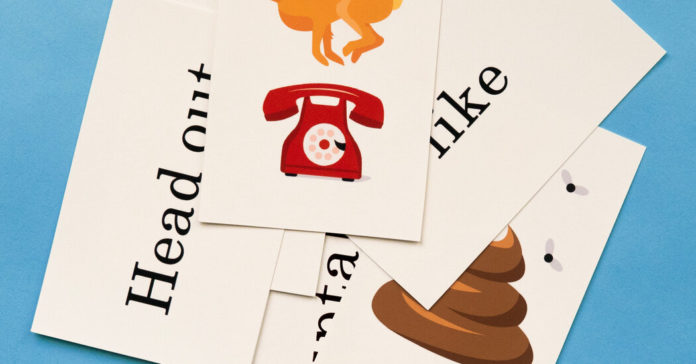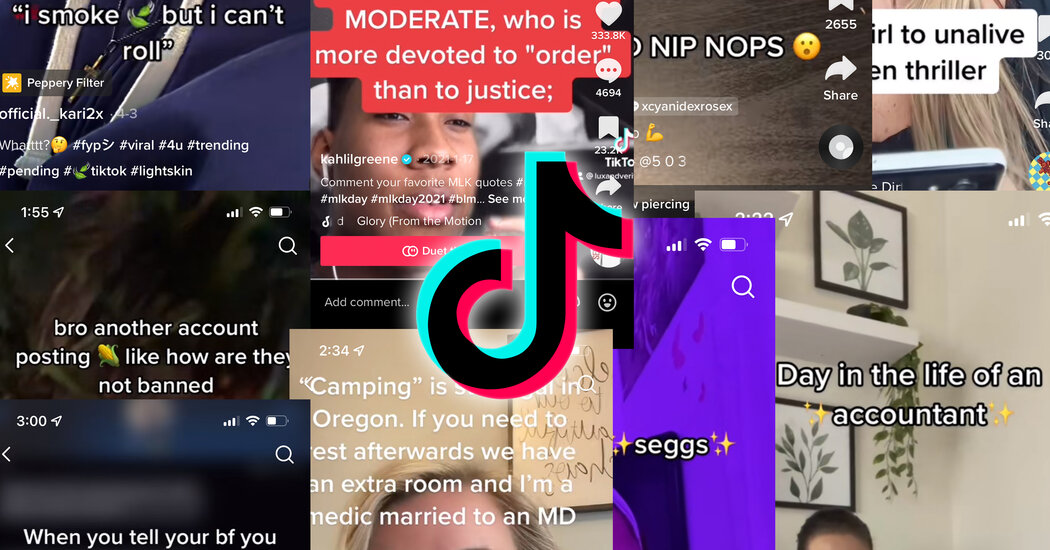
A possible objection here is those four-letter words flying all over the place. I certainly use them more than my parents did, and most would consider me a reserved sort — and yet in this, I am not unusual for people my age. How much sweetness and light can we really see in an American English that allows into polite society people who use a certain F-word dozens of times a day?
But we need to change the lens here. It’s less that people use profanity more than that profanity is no longer as profane as it used to be. What people treated as truly bad words 100 years ago are now more realistically classified as salty. By my parents’ time, this was true of “damn” and “hell”; to dismiss something, they’d say “Oh, to hell with that,” even in front of kids. Today, though, my equivalent — and yes, sometimes in front of kids! — would involve that word that begins with “f.”
Yet our society most certainly does still have a class of genuinely profane words that are not bandied about casually by cardiganed folk: the ones we term slurs. The N-word, the one beginning with “f” referring to gay men and a word beginning with “c” that we will just let pass beyond mention are modern English’s taboo words. We treat them with the same horror that earlier Americans treated the four-letter ones.
So, way back when, “hell” was often written with hyphens. Today, we say “the N-word,” and the casual use of the other F-word by, for example, Eddie Murphy in “Delirious” would be all but unthinkable now, its usage having elicited widespread condemnation and even lost people jobs. It’s not that we’re more profane now: We just have different profanity.
And the efflorescence of civility in English continues. The new usage of gender-neutral “they” to refer to a specific person — “Melissa is watching a movie in the basement, and they want somebody to go down and give them a haircut” — addresses new self-conceptions regarding gender. The fact that people under about 25 now often use “they” this way with effortless fluency is yet another example of our language being increasingly considerate.
The overriding issue is politeness, which language is very much involved in fostering, along with the more basic-color functions of making statements, asking questions and giving commands. Most of us are familiar with the difference between “tu” and “vous” in French or “tú” and “usted” in Spanish. Japanese requires different pronouns, verbs and even prefixes and suffixes, depending on whom you are addressing and what your relationship to the person is. Javanese is so hierarchical that to master the whole language virtually requires learning three different ones, with the words different according to how much respect you are demonstrating.
Modern English does not do politeness as obviously as languages like those, but we speak a delightfully considerate language if you know where to listen for it — in informal language. Despite that we most readily associate politeness with the highfalutin, you can be 1) formal and polite (“My good man …”), 2) formal and rude (“Begone, ruffian!”), 3) informal and rude (“F …”) or, and this is where so much of the action is these days, 4) informal and polite (“Let’s hop on the phone”).
It’s almost as if English were trying to compensate for having lost the grand old difference between addressing someone as “thou” when from above (such as to a child), “you” when from below (such as to a duke) and toggling between the two with equals, depending on the tone you wanted. (Shakespeare could still do this.) If we can’t use “you” as a way of being polite, at least we can, like, “head out” (?).
John McWhorter (@JohnHMcWhorter) is an associate professor of linguistics at Columbia University. He is the author of “Nine Nasty Words: English in the Gutter: Then, Now, and Forever” and, most recently, “Woke Racism,” forthcoming in October.







